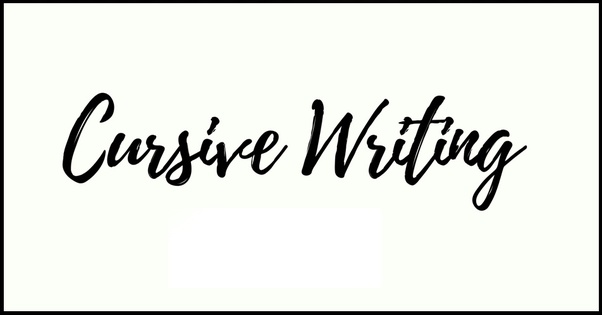A Time Management Article by Harold Taylor
And I never store things in the cloud. Even though my head is there sometimes, I find it does little to improve my memory. At my age I find that if something is not always within reach, I not only quickly forget it, I forget it even existed. So, I use external memory in the form of a “memory enhancer.” In layman’s terms, this means a pen and paper, but I do not want to sound like a Luddite.
The last thing I would do is rely on my natural memory. There are enough things spinning around in my head without adding more clutter. So, I always carry a pen and a few index cards with me so I can jot down someone’s request or a phone number or the license plate of the car that nearly ran me over.
Of course, if I am on business or have any excuse to carry my slim computer bag with me, I take along my paper planner and some work-related materials so I can schedule appointments and commitments or jot reminders in my planner’s “To Do” section. And utilize any idle time in Doctors’ waiting rooms, at meetings, and anywhere else that promises spare time that I can use for productive work.
No, I don’t include a laptop or iPad or any other electronic device other than my iPhone. As well as being a time saver, I find technology is the biggest time waster as well. As the Bible says, there is a time for everything and a season for every activity under heaven.” The time for technology is in the office where I dictate the handwritten material that I had produced for my blog, articles, or e-books while I was at those appointments. This is where voice activated software and spellcheck come in handy. I do not care if my computer learns cursive writing or not. It is a machine, but I am not.
If you think writing notes, memos, articles, and other material by hand is archaic, think again. It takes advantage of the most recent research that confirms that writing is good for the brain. There is plenty of evidence of cognitive and academic benefits of cursive writing, and I think students will suffer a great loss when it is completely eliminated in the schools. According to an article in the New York Times, “block printing, cursive, and typing each elicit distinctive neurological patterns.” This implies a deep, underlying sensitivity in the brain to even minor changes in the way letters are rendered on the page, according to an article by Tom Berger titled “What we lose with the decline of cursive.” When reading and writing, we evidently appear to be hardwired for versatility.
The above article also relates evidence of cognitive and academic benefits, including that cursive writing has measurable positive effects on older children’s spelling and composition skills. And, some evidence that it helps students with dyslexia learn to read and write because “it integrates hand eye coordination, fine motor skills, and other brain and memory functions.” Students who take notes by hand instead of on a laptop process the information better. There is even mention that cursive writing can be an effective rehabilitation tool after a brain injury, and improves finger flexibility for everyone, but especially important for engineers and those in surgical fields.
Regardless of what the research may finally conclude, I am convinced that writing keeps my mind active and healthy during my senior years. I have time to think while I write. And it certainly aids my memory retention.
Successful People Read. A Lot.
What do Warren Buffett, Mark Zuckerberg, Elon Musk and Oprah Winfrey have in common? They all read - a LOT! If you want to be successful you need to read. We have over 30 short ebooks designed to get you booked up fast!


